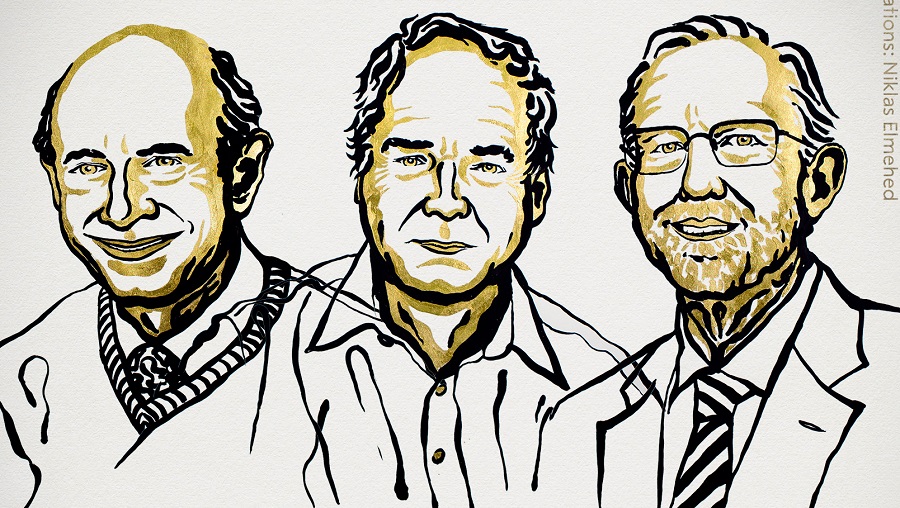Americans Harvey J Alter and Charles M Rice, and British scientist Michael Houghton were awarded the Nobel Prize for Medicine or Physiology on Monday for the discovery of the hepatitis C virus.
Announcing the prize in Stockholm on Monday, the Nobel Committee noted that the trio's work helped explain a major source of blood-borne hepatitis that couldn't be explained by the hepatitis A and B viruses.
Their work make possible blood tests and new medicines that have saved millions of lives, the committee said.
Thanks to their discovery, highly sensitive blood tests for the virus are now available and these have essentially eliminated post-transfusion hepatitis in many parts of the world, greatly improving global health, the committee said.
Their discovery also allowed the rapid development of antiviral drugs directed at hepatitis C, it added. For the first time in history, the disease can now be cured, raising hopes of eradicating hepatitis C virus from the world population.
The World Health Organisation estimates there are over 70 million cases of hepatitis worldwide and 400,000 deaths each year. The disease is chronic and a major cause of liver inflammation and cancer.
The prestigious Nobel award comes with a gold medal and prize money of 10 million Swedish kronor (over USD 1,118,000), courtesy of a bequest left 124 years ago by the prize's creator, Swedish inventor Alfred Nobel.
The medicine prize carried particular significance this year due to the coronavirus pandemic, which has highlighted the importance that medical research has for societies and economies around the world.
The Nobel Committee often recognizes basic science that has laid the foundations for practical applications in common use today.
The award is the first of six prizes being announced through October 12.
The other prizes are for outstanding work in the fields of physics, chemistry, literature, peace and economics.











